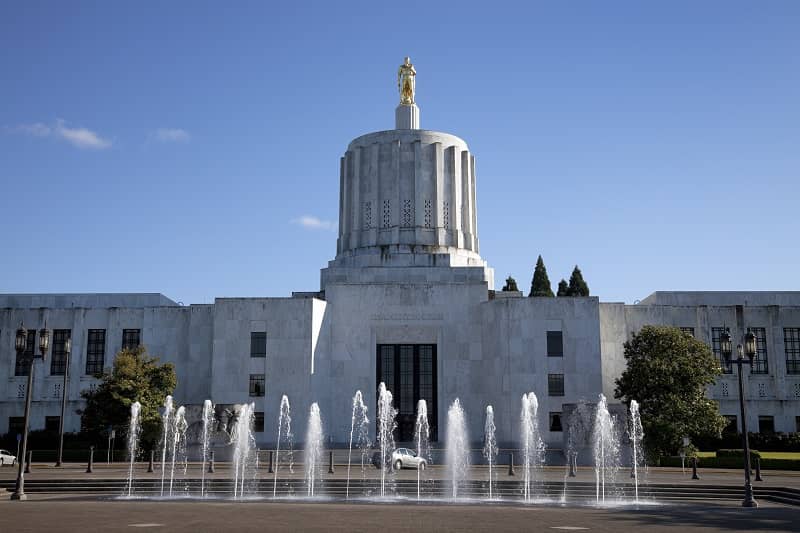

At 70-years old, Bob Lowery isn’t anxious to sell the home he and his wife live in: the decades of family memories it holds can’t be replaced at any price. One of his children was born in the house. However, the City of Keizer might condemn it and several other parcels of private property so a developer can build a shopping mall.
The use of eminent domain is supposed to be limited to a legitimate “public use,” such as siting a road or courthouse. Shopping malls don’t qualify. Though owners receive “just compensation,” that doesn’t justify forcing them to sell what they want to keep.
The Institute for Justice (IJ), a national public interest law firm, notes, “As early as 1795, the U.S. Supreme Court described the power of eminent domain—where the government takes someone’s property for a ‘public use’—as ‘the despotic power.’ Eminent domain has the potential to destroy lives and livelihoods by uprooting people from their homes and businesspeople from their shops.”
In April, IJ released a study of 10,000 eminent domain abuses across the country, and CBS’ 60 Minutes recently highlighted a few of them. The day after the story aired, an Arizona Court of Appeals unanimously struck down the City of Mesa’s use of eminent domain, a solid victory for an IJ client and property rights.
IJ and the Castle Coalition have won numerous battles like the one shaping up in Keizer. They have great ideas for property owners and activists. Check them out, and join the movement to protect everyone’s property rights.
© 2006, Cascade Policy Institute. All rights reserved. Permission to reprint in whole or in part is hereby granted, provided the author and Cascade Policy Institute are cited. Contact Cascade at (503) 242-0900 to arrange print or broadcast interviews on this topic. For more topics visit the QuickPoint! archive.











